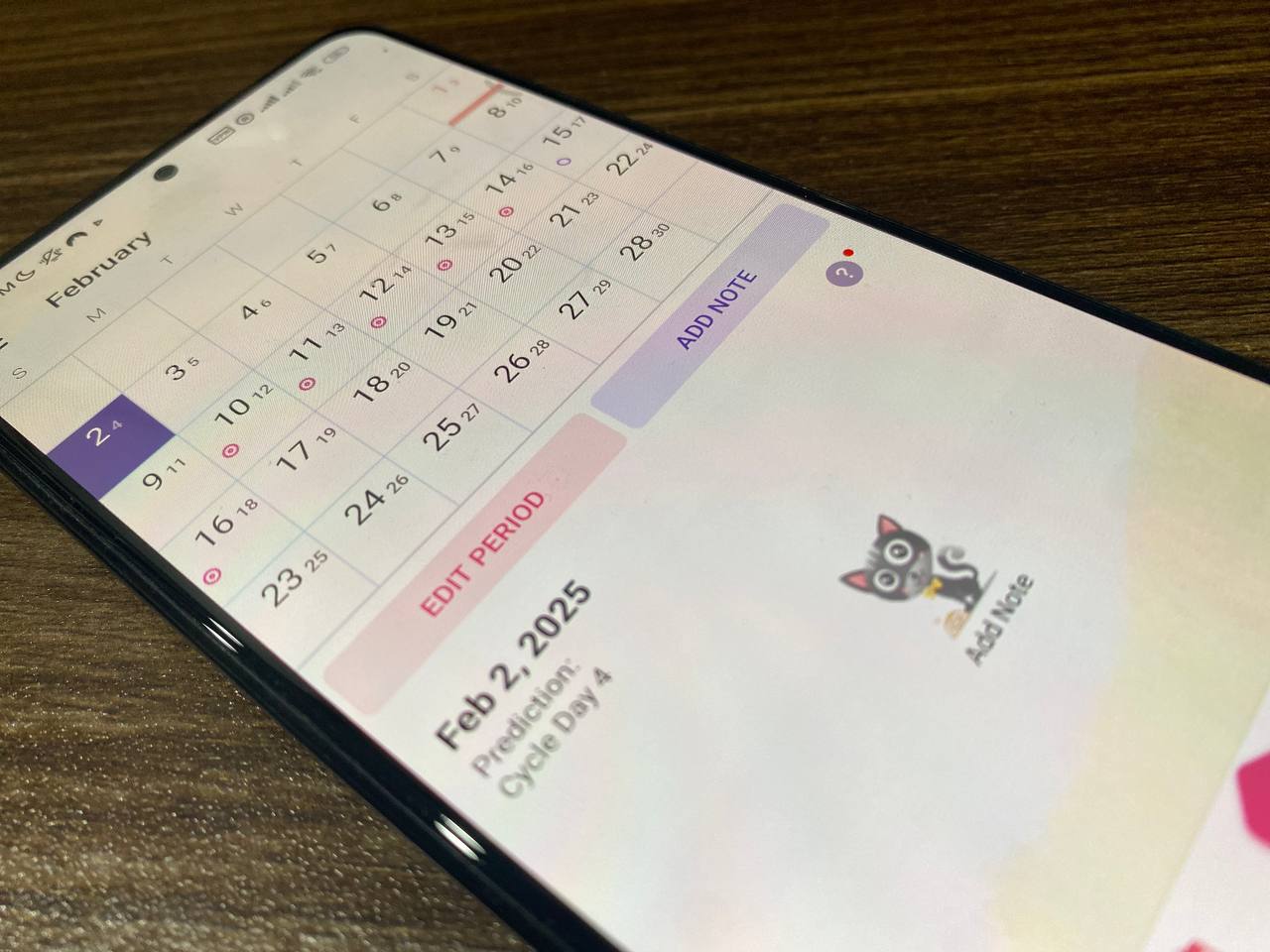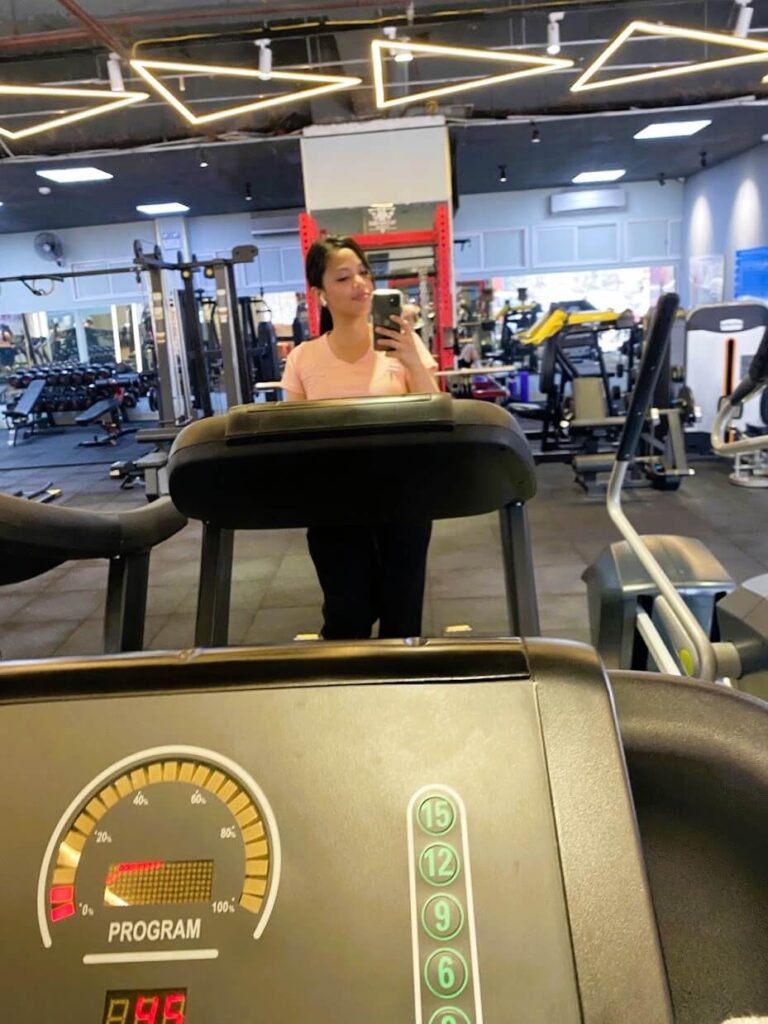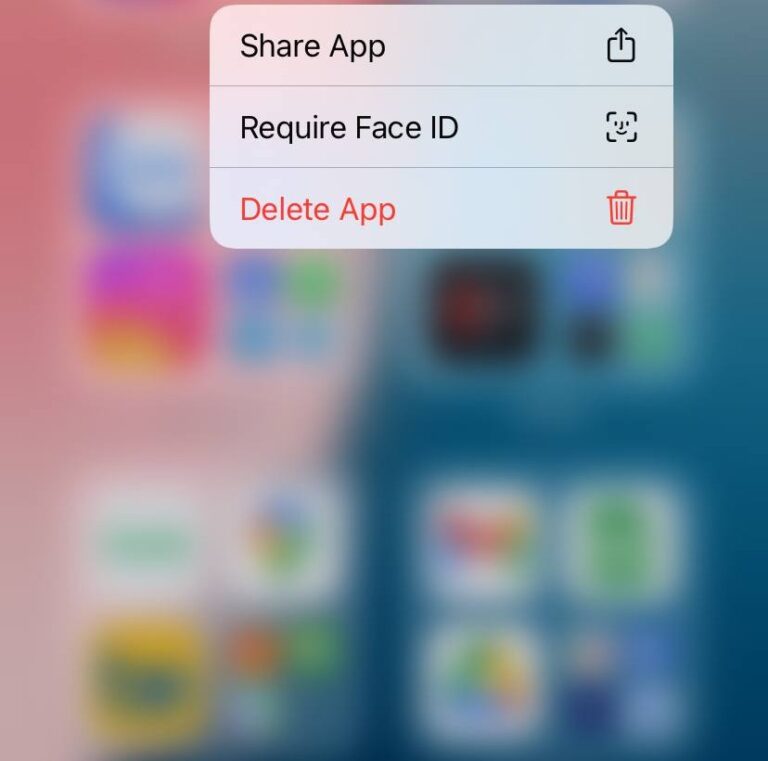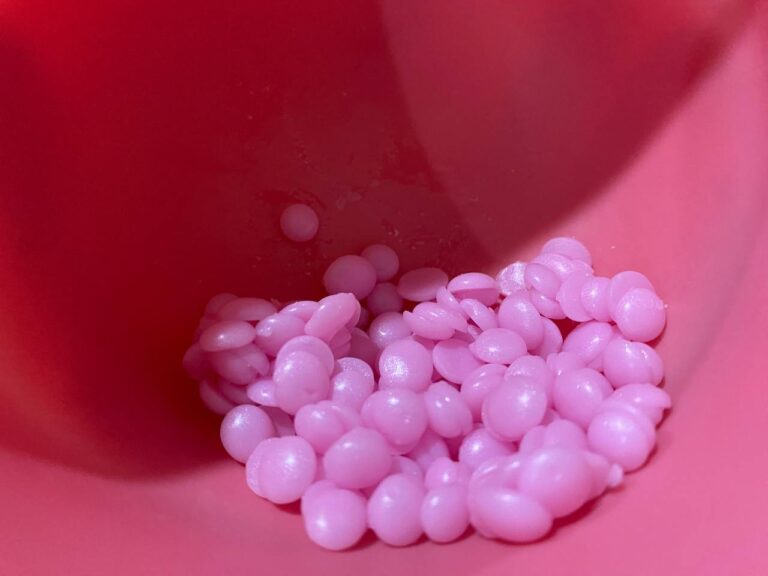Menstrual Cycle Changes After 30: What’s Normal, What’s Not, and How to Stay Balanced

Your 30s are a transformative time for your body. It’s no longer as resilient as it was in your 20s, and you may start noticing subtle (and sometimes more obvious) changes, especially regarding your menstrual cycle. From hormonal fluctuations to shifts in overall health, your body is evolving. Understanding these changes can help you navigate this new phase with confidence.
Your Menstrual Cycle Might Not Be the Same
If your period was once predictable and consistent, it may begin to shift in your 30s. For me, I had a heavy flow from the time I started menstruating all the way into my twenties. But when I hit my 30s, I was alarmed when menstrual cycle began to change.
My flow became lighter and more irregular, and I wasn’t sure if that was normal. A friend of mine reassured me that these kinds of changes were, in fact, common as we get older, but it didn’t make the transition any easier.
The worst part was when my long-term boyfriend accused me of lying about my personality, saying he saw me differently now. That was a tough pill to swallow. On top of that, I began to notice I was becoming more irritable—something I’d never experienced before.
It was hard, and it took time to get used to how my body was changing. But it’s all part of the journey, and it’s important to remember these shifts are normal for many women.
Hormones: Too Much or Too Little?
Estrogen and progesterone levels fluctuate more in your 30s, leading to irregular periods, mood swings, and even hormonal acne. Some women experience a surge in estrogen, feeling more energized. In contrast, others struggle with low hormone levels that bring fatigue, headaches, and sluggishness.
I personally noticed something was off with my body in my 30s. After a visit to the doctor, I found out that I had excess estrogen. That explained the bloating, mood swings, and other symptoms I had been dealing with. To regain balance, I changed my diet, focusing on foods that support hormonal health while reducing those that could contribute to estrogen dominance.
If you’re experiencing extreme changes in your cycle, energy levels, or skin, don’t ignore them. Your body is trying to tell you something. A doctor can help identify imbalances and guide you toward the proper lifestyle adjustments to support your overall well-being.
Exercise Is More Important Than Ever

Gone are the days when skipping workouts didn’t have any effect. Once you hit your 30s, regular exercise becomes essential—not just for fitness but also for balancing hormones, improving circulation, and even regulating your cycle.
Finding the proper workout is a journey. I’ve tried everything—joining gyms, signing up for different yoga classes, high-intensity interval training (HIIT), boxing, and aerial yoga. At one point, I worked out with friends, thinking that would keep me motivated. But after all the trial and error, I realized that what works best for me is something that fits my schedule and lifestyle.
That’s when I decided to invest in a treadmill. It allowed me to work out on my terms without the hassle of commuting to a gym or adjusting to class schedules. Everyone’s fitness journey is different, so the key is to find what suits you—yoga, weight training, or home workouts. The most important thing is to stay consistent and choose something you enjoy.
Your Diet Can Make or Break Your Menstrual Cycle

What you eat is significant in how your body functions, especially menstrual health. A diet rich in whole foods, leafy greens, healthy fats, and lean proteins can help regulate hormones and stabilize your cycle. On the other hand, too much processed food, sugar, or even excessive amounts of certain foods can throw your hormones off balance.
One simple hack that has worked wonders for me is drinking at least one glass of fresh coconut water daily. It’s packed with electrolytes that help keep my body hydrated, reduce bloating, and support overall hormone balance. The fresher, the better!
Staying mindful of what you put into your body—nutrient-dense foods or proper hydration—can make all the difference in how you feel throughout your menstrual cycle. A good night’s rest is also necessary to help body do its functions.
Regular Checkups Are a Must
If you haven’t been prioritizing doctor visits, now is the time to start. Regular checkups can help you stay on top of any underlying health concerns, whether checking hormone levels, screening for deficiencies, or monitoring reproductive health. Don’t wait until something feels off—being proactive can save you a lot of trouble.
Your 30s bring changes, but they don’t have to catch you off guard. By taking care of your body, staying active, eating right, and checking in with your doctor, you can navigate this decade feeling strong and balanced.
Pay attention to what your body tells you, make small lifestyle adjustments, and embrace this phase confidently—it’s all part of growing into your healthiest self.






